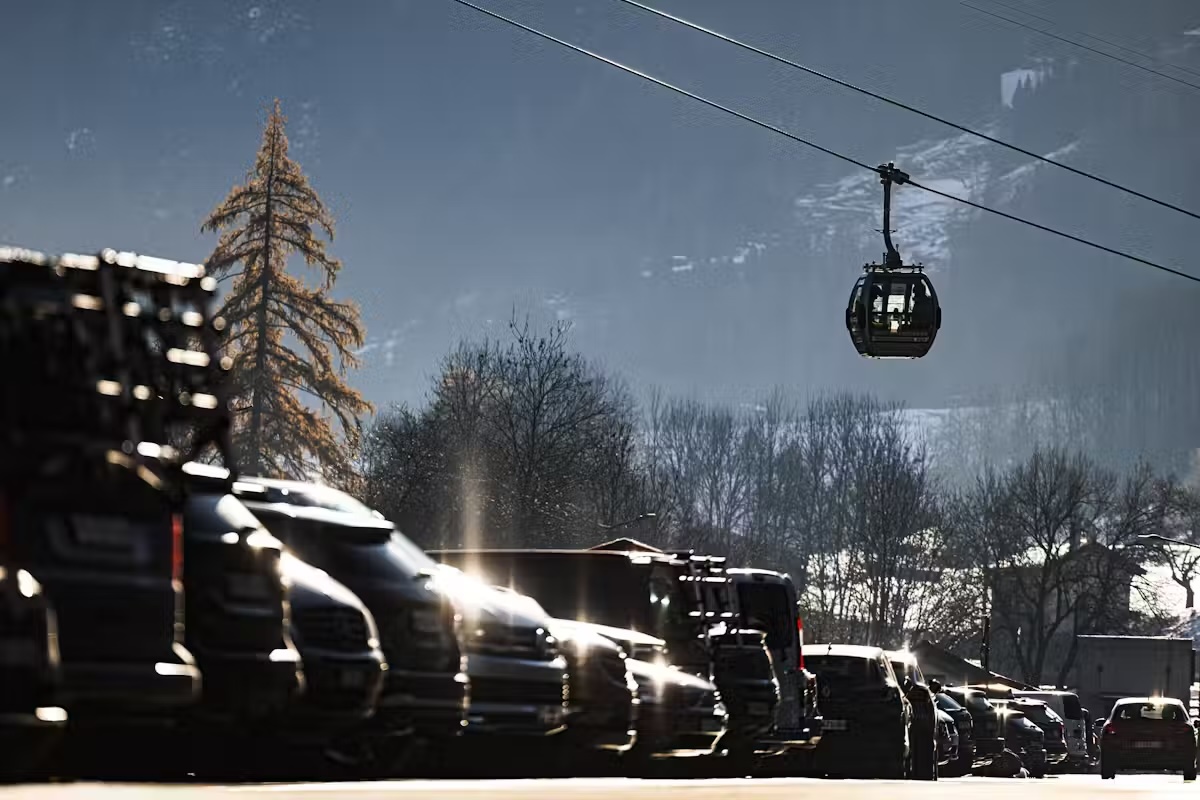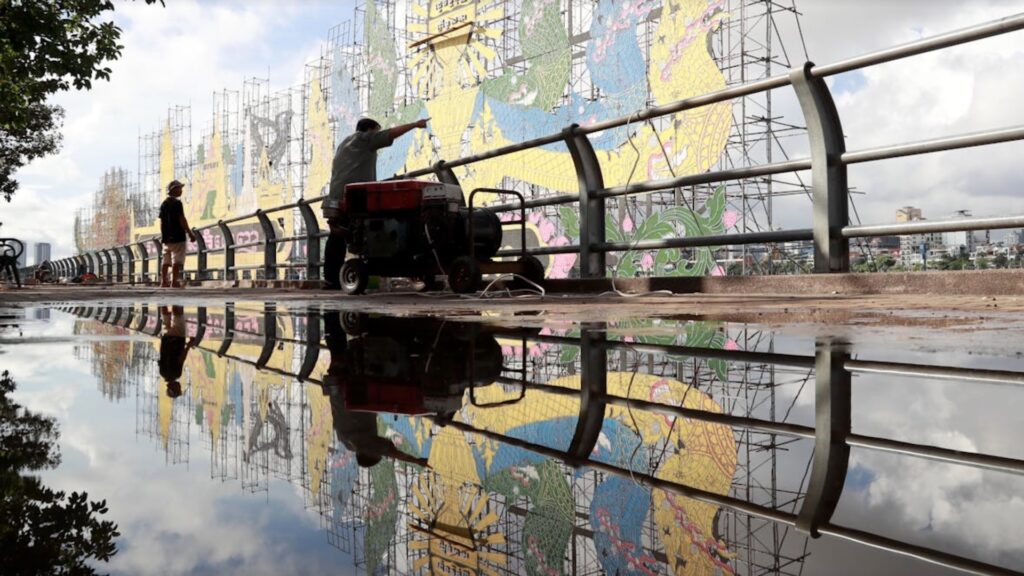Throughout history, people have viewed seasons as relatively stable, recurrent blocks of time that neatly align farming, cultural celebrations and routines with nature’s cycles. But the seasons as we know them are changing. Human activity is rapidly transforming the Earth, and once reliable seasonal patterns are becoming unfamiliar.
In our recent study, we argue that new seasons are surfacing. These emergent seasons are entirely novel and anthropogenic (in other words, made by humans).
Examples include “haze seasons” in the northern and equatorial nations of south-east Asia, when the sky is filled with smoke for several weeks. This is caused by widespread burning of vegetation to clear forests and make way for agriculture during particularly dry times of year.
Or there is the annual “trash season”, during which tidal patterns bring plastic to the shores of Bali, Indonesia, between November and March.
At the same time, some seasons are disappearing altogether, with profound consequences for ecosystems and cultures. These extinct seasons can encompass drastically altered or terminated migratory animal behavior, such as the decline of seabird breeding seasons in northern England.
Climate change is also calling time on traditional winter sport seasons by making snow scarcer in alpine regions.
Related: A dangerous condition that can cause seizures, coma and death could rise dramatically as the climate warms

Nature’s new rhythms
Perhaps more common are “syncopated seasons”. The changes are akin to new emphases on beats or off-beats in familiar music that capture the listener’s attention.
Syncopated seasons include hotter summers and milder winters in temperate climates, with increasingly frequent and severe extreme weather that exposes more people and ecosystems to stress.
The timings of key seasonal events, like when leaves fall or certain migratory species arrive, are becoming more unpredictable. We coined the term “arrhythmic seasons”, a concept borrowed from cardiology, to refer to abnormal rhythms which include earlier springs or breeding seasons, longer summers or growing seasons, and shorter winters or hibernating seasons.
Changing seasonal patterns throw the interdependent life cycles of plants and animals out of sync with each other, and disrupt the communities that are economically, socially and culturally dependent on them.
In northern Thailand, human activity has reshaped nature’s rhythms and affected the supply of water and food in turn. Communities along the Mekong river’s tributaries have relied on the seasonal flow of rivers to fish and farm for generations.
At first, upstream dams disrupted these cycles by blocking fish migration and preventing the accumulation of sediment that farms need for soil. More recently, climate change has shifted rainfall patterns and made dry seasons longer and rainy seasons shorter but more intense, bringing fires and further uncertainty to farmers.
Let’s rethink time
How we react to changing seasonal patterns can either worsen or improve environmental conditions. In south-east Asia, public awareness of the “haze season” has led to better forecasting, the installation of air filters in homes and the establishment of public health initiatives.

These efforts help communities adapt. But if society only uses adaptive fixes like these, it can make the haze worse over time by failing to tackle its root causes. By recognizing this new season, societies might normalize the recurrence of haze and isolate anyone who demands the government and businesses deal with deforestation and burning.
Powerful institutions like these shape narratives about seasonal crises to minimize their responsibility and shift blame elsewhere. Understanding these dynamics is crucial to fostering accountability and ensuring fair responses.
The shifting seasons require us to rethink our relationship with time and the environment. Today, most of us think about time in terms of days, hours and minutes, which is a globalized standard used everywhere from smartphones to train timetables.
But this way of keeping time forgets older and more local ways of understanding time — those that are shaped by natural rhythms, such as the arrival of the rainy season, or solar and lunar cycles, rooted in the lives and cultures of different communities.
Diverse perspectives, especially those from Indigenous knowledge systems, can enhance our ability to respond to environmental changes. Integrating alternative time-keeping methods into mainstream practices could foster fairer and more effective solutions to environmental problems.
Seasons are more than just divisions of time — they connect us with nature. Finding synchrony with changing seasonal rhythms is essential for building a sustainable future.
This edited article is republished from The Conversation under a Creative Commons license. Read the original article.
